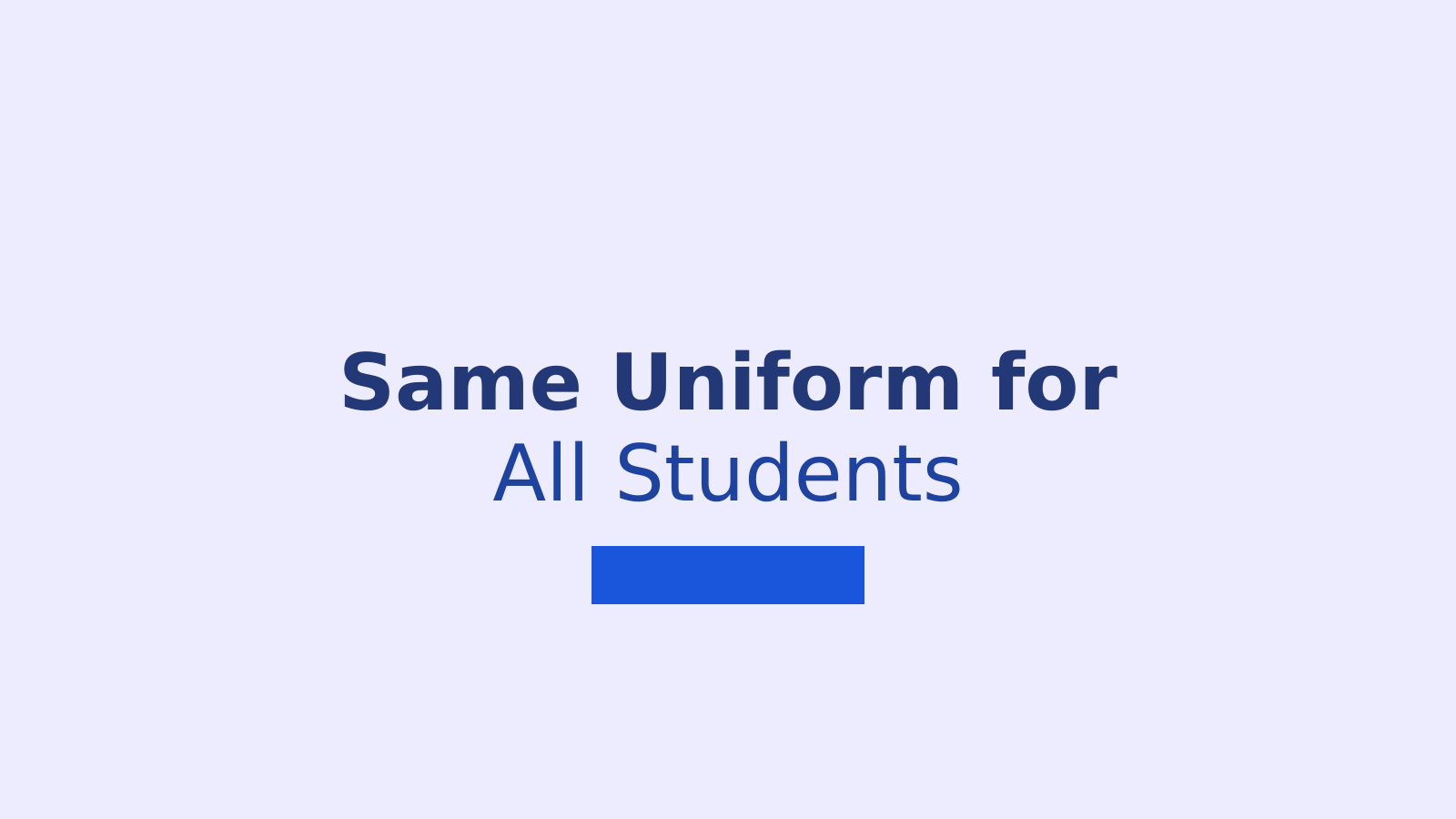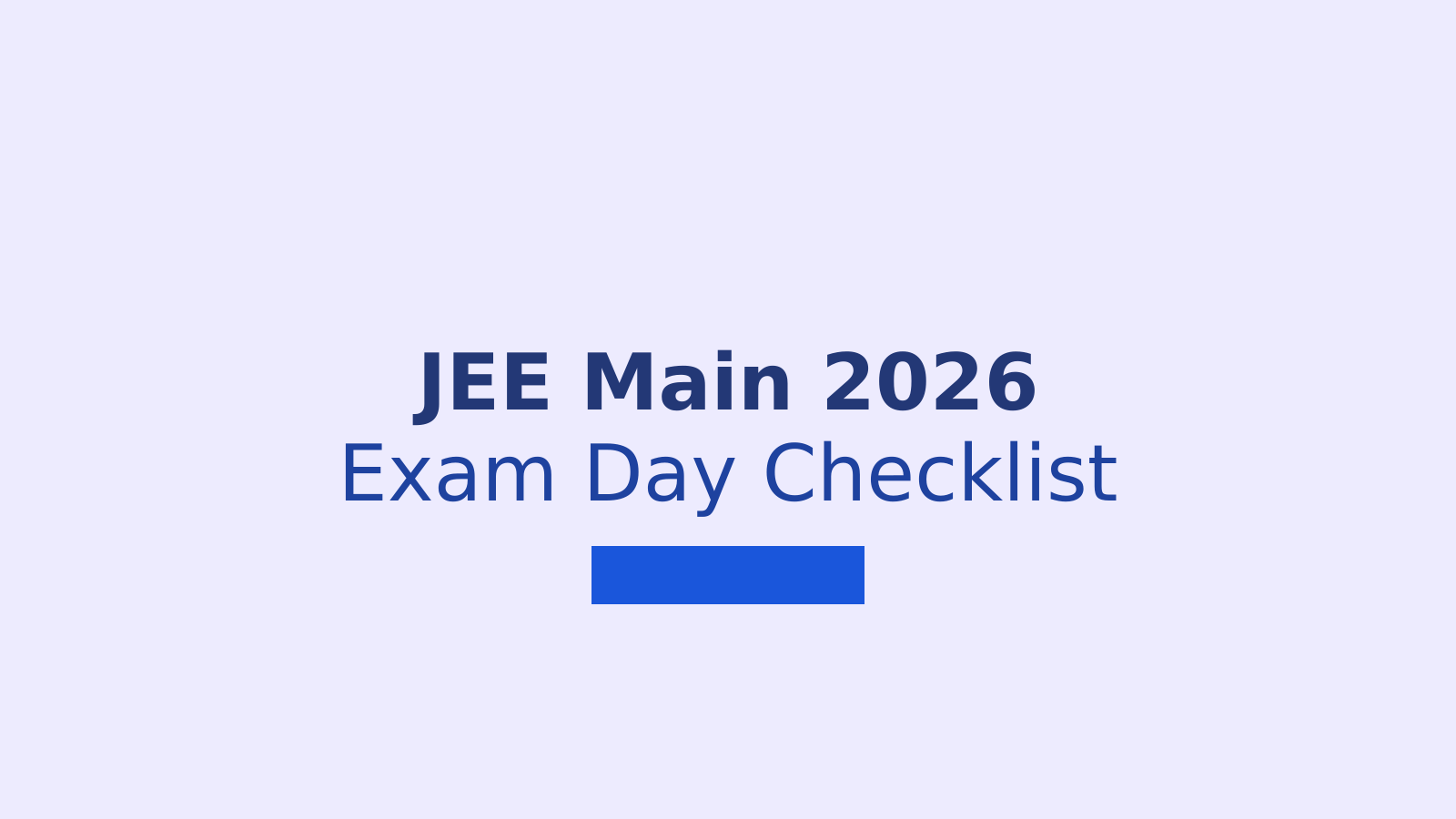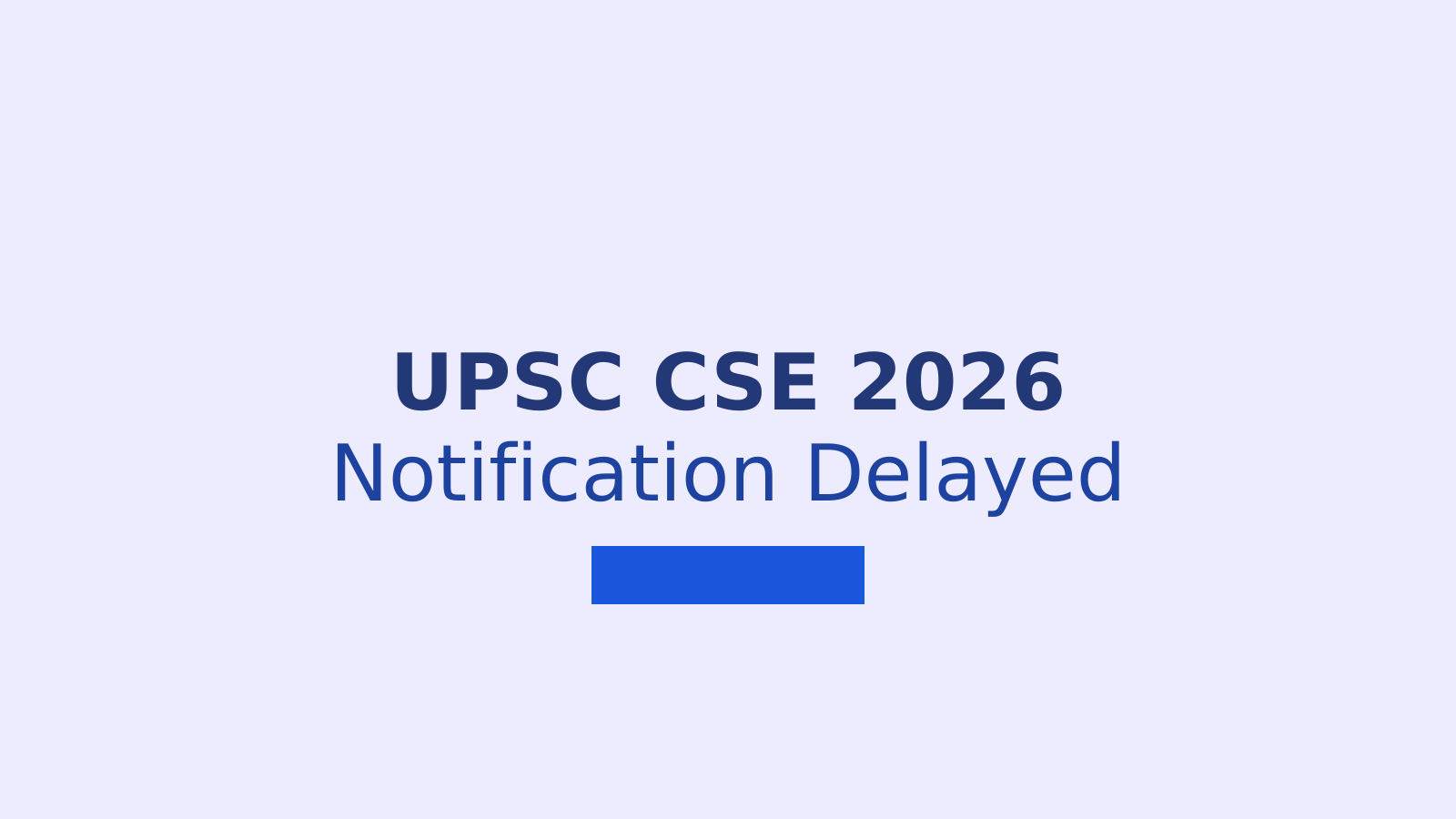Rajasthan Schools to Have Common Uniform for All Students
Rajasthan introduces uniform policy for government and private schools. Students will wear the same attire without ties, with teachers also required to wear uniforms and ID cards.
AC Team

Rajasthan has taken a bold step to create equality in its education system. The state government announced that all students, whether in government or private schools, will wear the same uniform. This decision affects millions of students across the state.
Education Minister Madan Dilawar shared the news at Kota University. He explained that the new uniform will be simple and practical. The most notable change? No ties. Students won't have to deal with the discomfort of wearing ties in the hot weather anymore.
Why Remove Ties from School Uniforms?
The decision to drop ties makes sense when you think about it. Rajasthan gets hot. Children sitting in classrooms with ties around their necks isn't comfortable. The new uniform focuses on practicality over formality. Students can now focus on learning instead of adjusting their ties.
This change also makes uniforms more affordable for parents. Ties add to the cost and maintenance of school uniforms. Without them, families save money and time.
Teachers Get Uniforms Too
Students aren't the only ones getting new dress codes. Teachers will now wear uniforms and carry ID cards. This move promotes discipline and creates a sense of equality across schools. When teachers and students both follow uniform rules, it builds a stronger school community.
The ID card requirement adds another layer of safety. Every person on school premises can be identified. This helps prevent unauthorized entry and keeps students safe.
Bridging the Gap Between Schools
The main goal of this policy is to reduce the visible difference between government and private schools. When all students wear the same uniform, it becomes harder to tell which school they attend. This reduces social discrimination based on school type.
Children from different economic backgrounds will look the same in their school uniforms. This can help build confidence among students from government schools. They won't feel different or less than their peers in private schools.
New Academic Calendar Starts April 1
Along with the uniform change, Rajasthan is shifting its academic calendar. Schools will now start on April 1 instead of July 1. This three-month shift aims to solve a persistent problem: late textbook distribution.
Minister Dilawar explained that students often wait weeks or months for textbooks under the old system. The new calendar gives administrators more time to prepare. Students will receive their books on time and can use summer holidays for study.
The timing also aligns better with the financial year. This makes budget allocation and resource planning smoother for the education department.
National Anthem in Government Offices
The Education Minister announced another change for government offices. Departments under Panchayati Raj, Education, and Sanskrit will start their day with the National Anthem and end with the National Song.
Attendance will only count if employees are present for both. This isn't just about procedure. Dilawar said it's about building national pride and work discipline. The policy aims to create a culture of respect and punctuality in government offices.
Parents Get Real-Time Updates
Technology is playing a bigger role in education management. The state is introducing a digital monitoring system through the Shala Darpan portal. Parents will receive instant messages when their child is absent from school.
This system creates accountability on multiple levels. Students know their parents will be informed immediately. Schools must maintain accurate attendance records. Parents stay informed about their child's school attendance without making phone calls or visits.
The system is ready to launch. Once active, it will improve transparency and safety across all schools in Rajasthan.
What This Means for Students
The uniform policy will change the daily experience for students. No more comparing brands or styles of uniforms. Everyone wears the same thing. This can reduce peer pressure and bullying related to clothes.
For students in government schools, this policy sends a message. Their education is valued equally. The government sees them as equal to private school students. This psychological impact shouldn't be underestimated.
Implementation Challenges
While the policy sounds good on paper, implementation will be the real test. The state has thousands of schools. Coordinating uniform distribution across all of them requires careful planning.
Parents will need clear information about where to buy uniforms and what the exact specifications are. Schools will need time to adjust their existing rules and inform all stakeholders.
The transition period will be critical. The government hasn't announced specific timelines yet. Schools, parents, and students need adequate notice before the policy takes effect.
These changes represent a shift in how Rajasthan approaches education. The focus is moving toward equality, practicality, and transparency. Whether other states follow this model remains to be seen. For now, Rajasthan is making a statement about the kind of education system it wants to build.



